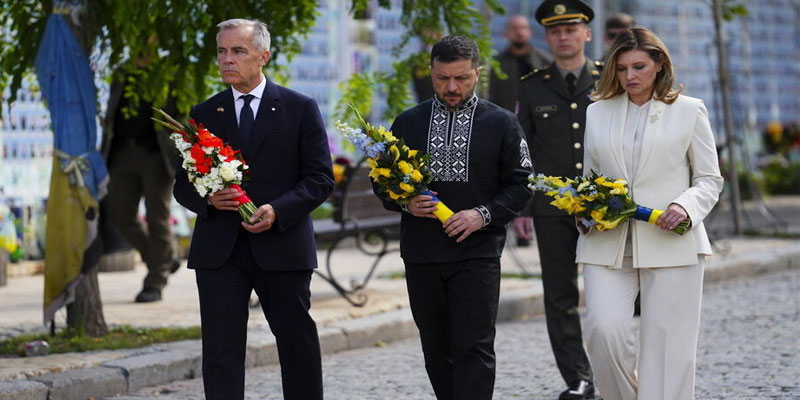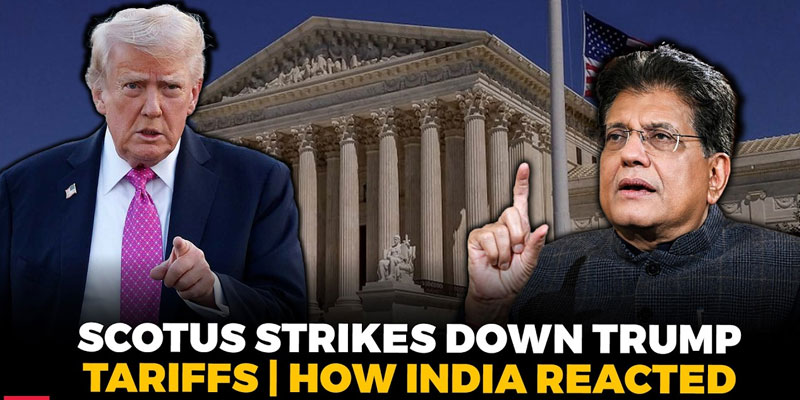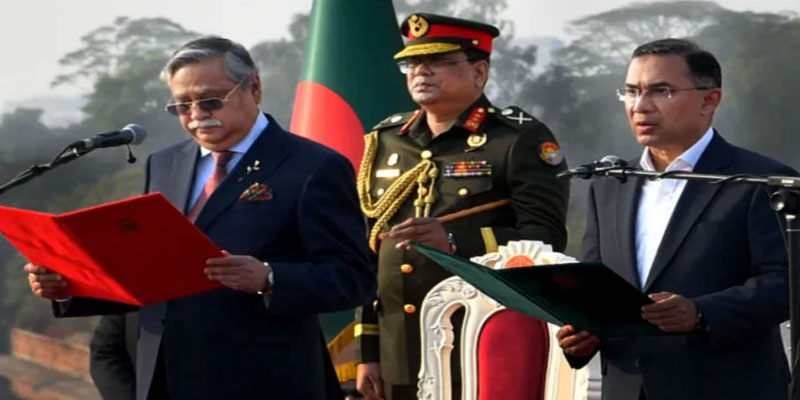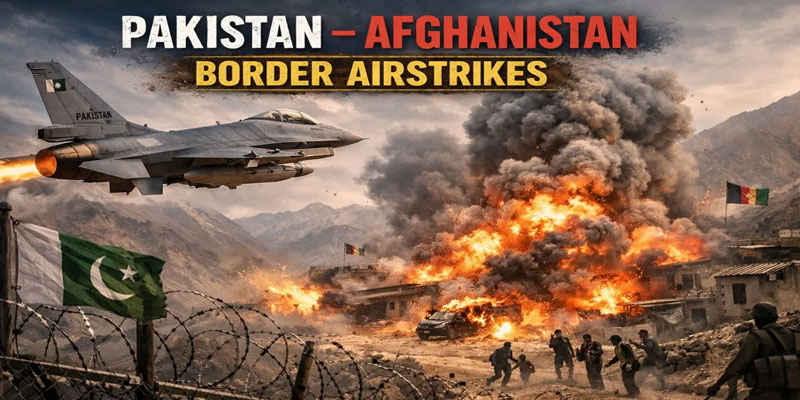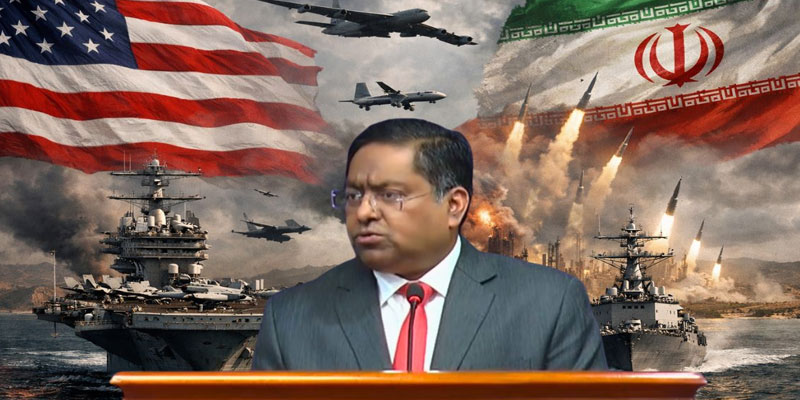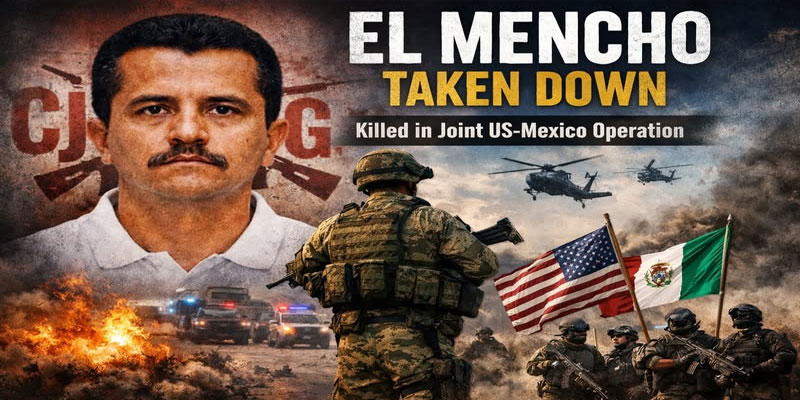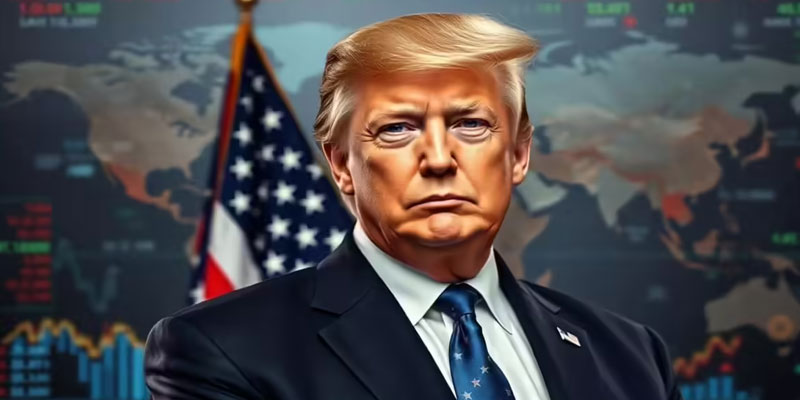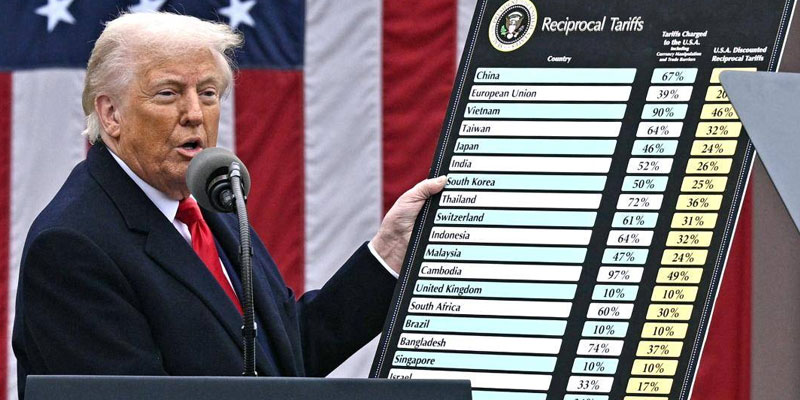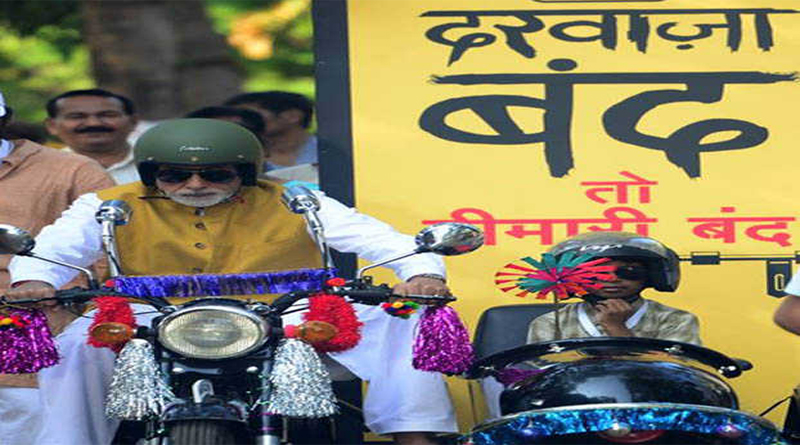India’s UK Delegation Warns: No Room for Terror
An all-party Indian parliamentary delegation, led by senior BJP leader and MP Ravi Shankar Prasad, visited the United Kingdom to articulate India’s uncompromising stance against terrorism. This unified front, featuring leaders from multiple political ideologies, served as a rare and powerful diplomatic initiative that transcends party lines, amplifying India’s global voice on a matter of national and international urgency.
The delegation engaged with the Indian diaspora at India House, London, to convey India's clear message: terrorism cannot be tolerated, excused, or negotiated with, and India does not seek mediation when it comes to defending its sovereignty and people. This concerted effort reflects India’s evolving diplomatic approach—assertive, unapologetic, and proactive—in shaping global opinion and holding state sponsors of terror accountable.
Speaking in One Voice: Unmasking Pakistan’s Double Game
BJP MP Gulam Ali Khatana made headlines by openly condemning Pakistan’s dual role on the world stage—"begging on one side and spreading terror on the other." His remarks resonated strongly with the diaspora and global observers alike. Drawing attention to India’s magnanimity in sharing 80% of river waters with Pakistan, he highlighted the tragic irony of receiving “infiltration, terrorism, and drugs” in return.
He emphasized that Pakistan is rattled not by military action, but by the flourishing democracy in Kashmir following the abrogation of Article 370. The increasing participation of Kashmiris in elections, booming tourism, and infrastructure development post-370 has exposed Pakistan’s false narrative and deepened its frustration. Khatana also underscored the long, painful history of ethnic cleansing and displacement, especially of Kashmiri Pandits, at the hands of terror-backed forces.
Ravi Shankar Prasad: “Pakistan is No Democracy”
Leading the delegation, Ravi Shankar Prasad declared in clear terms that Pakistan can no longer be considered a democracy. He stated that the country, originally founded by Muhammad Ali Jinnah, has devolved into a regime dominated by military generals. His remarks about Field Marshal Asim Munir—a figure elevated despite battlefield failures—captured the current dysfunction of Pakistan’s political and military elite.
By taking this message to an international forum, Prasad emphasized that India will no longer allow terror to be cloaked under diplomatic courtesy or geopolitical ambiguity. He portrayed India's position not as aggressive, but as firm, moral, and principled.
MJ Akbar: “This is Fascist Terrorism”
Former Union Minister MJ Akbar delivered one of the most impassioned critiques of modern terrorism. He called the recent attacks in Pahalgam and elsewhere acts of “fascist terror” and “ethnic cleansing.” Drawing parallels with Europe's dark history, Akbar reminded the audience that this is not just India’s fight, but a global struggle against a creeping ideological menace.
Akbar spoke of Pakistan’s violent origins, referencing the Calcutta killings of 1946 and the Dhaka genocide of 1971, suggesting that violence is not just a tactic but an embedded ideology within Pakistan’s power structure. His words were a clarion call for global introspection and action.
India’s Peaceful Path and Determined Fight
BJP MP Daggubati Purandeswari added depth to the delegation’s message by reiterating that India’s battles have always been focused on development, not aggression. She described how, despite political differences, all members of the delegation stood united under the national flag, condemning the Pahalgam massacre as a brutal act of terror targeting innocent civilians.
She emphasized that India’s moral high ground—reflected in its restraint and responsible global conduct—should not be mistaken for weakness. Instead, India is now armed with military strength, diplomatic reach, and national unity to face terrorism in all forms.
A Unified Front for a Global Wake-Up Call
This all-party delegation in the UK is unprecedented in form and timing. It reflects a strategic evolution in India’s foreign policy—combining grassroots diplomatic outreach, unified political voice, and diaspora engagement to push back against false narratives and expose state-sponsored terrorism.
India is not only telling its story but alerting the world that terrorism is a global disease. What afflicts one nation today can destabilize many tomorrows. Europe’s own painful past is a reminder that terror, once ignored, can spiral into global tragedy.
India Sends a Stern, Global Message—Terrorism Has No Place in Civil Society
India’s all-party mission to the UK is more than a political or diplomatic gesture—it is a moral statement and a strategic intervention. It shows the world that India, while focused on peace and development, is no longer willing to absorb aggression in silence.
By confronting terrorism head-on—militarily, diplomatically, and ideologically—India is not only protecting its own citizens but also calling the world to collective action. As terrorism mutates across borders and ideologies, India's stand is a timely warning and a call to root out this menace globally. Because in the end, terrorism anywhere is a threat to peace everywhere.
(With agency inputs)




